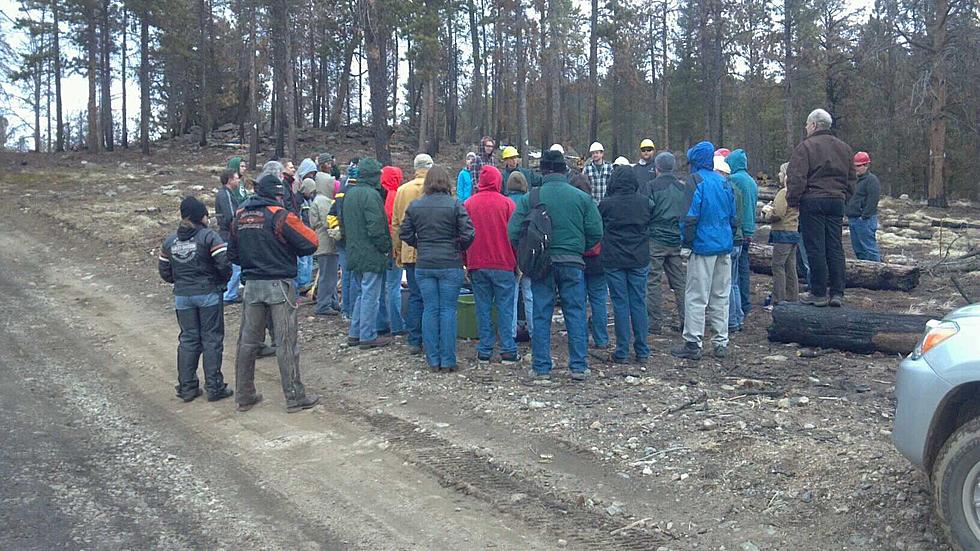
BBB Advises Caution to Assure Fire Donations Reach Victims
Many people, seeing the devastation brought by area wildfires, are responding with generous gifts of time and money. The Better Business Bureau cautions givers to take steps to assure that their donations are going to legitimate and reputable charities and relief efforts that have the capability to help victims.
The Better Business Bureau advises:
Take time to check out the charity. The best way to avoid being disappointed in helping fire victims is to find out more about the charity before making the donation. Review the charity’s website and go to third party sites such as the BBB Wise Giving Alliance (www.bbb.org/charity) to learn more about national charities to verify their accountability.
Verify if the charity is registered to solicit donations in your state. Most states require charities to register with a state agency (usually the Attorney General’s office or the Secretary of State’s office) in order to solicit charitable contributions. Contact your appropriate state agency to determine if the soliciting disaster relief charity is properly registered. Watch out for newly created entities that do not have a track record and/or experience in providing disaster relief.
Be wary of claims that 100 percent of donations will assist relief victims. Despite what an organization might claim, charities have fund raising and administrative costs. Even a credit card donation will involve, at a minimum, a processing fee. If a charity claims that 100 percent of collected funds will be assisting disaster victims, the truth is that the organization is still probably incurring fund raising and administrative expenses. They may use some of their other funds to pay this, but the expenses will still be incurred.
Find out if the charity is providing direct aid or raising money for other groups. Some charities may be raising money to pass along to relief organizations. If so, you may want to consider “avoiding the middleman” and giving directly to charities that have a presence in the region. Or, at a minimum, check out the ultimate recipients of these donations to ensure the organizations are equipped to effectively provide aid.
Identify what stage of relief the charity intends to provide. There are three general stages to relief efforts. Find out which stage the charity plans to address. The Emergency Response stage involves immediate assistance and rescue needs and takes place within the first days. Disaster Relief occurs in the first month and provides clothing and temporary shelter for displaced families. Finally, the Recovery Stage can last over a year and involves clean up, repair and/or rebuilding homes, and other long-term recovery needs.
Start With Trust. For trustworthy consumer tips and information, visit wynco.bbb.org or call 970-484-1348 or 800-564-0371.
More From K99





![Remembering The High Park Fire One Year Later [PICTURES]](http://townsquare.media/site/48/files/2013/06/LoryStatePark_ColoradoParksWildlife.jpg?w=980&q=75)
![Steadman Family Honors Sleigh Riders After Helping Replant 1500 Tree’s [VIDEO]](http://townsquare.media/site/48/files/2013/05/Untitled3-630x3411.png?w=980&q=75)
![Sleigh Riders Motorcycle Toy Run Does The Unthinkable Over The Weekend [PICTURES]](http://townsquare.media/site/48/files/2013/05/466043_4197499594970_1075005560_o.jpg?w=980&q=75)

